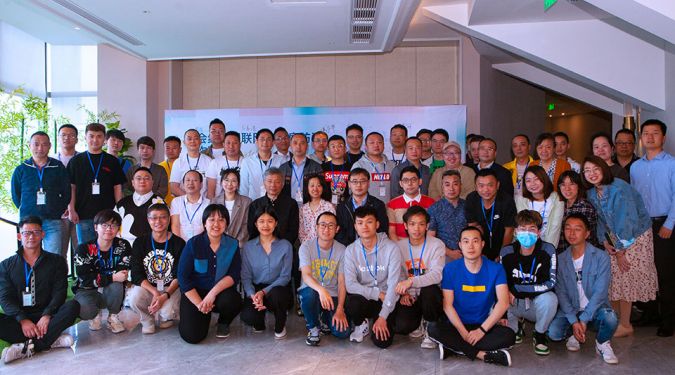
Networks of key populations and community-based organizations in China have called for strengthened collaboration to improve and increase access to Internet-based HIV prevention services.
At the Seminar on Social Organization’s Involvement in Internet-Based HIV/AIDS Prevention, held in Chengdu, China, more than 60 representatives of 45 community-based organizations came together for two days to discuss how to utilize technology and innovations to support the HIV response. In particular, they explored how HIV prevention services can reach a wider range of people and how to encourage key populations to get tested for HIV and initiate treatment if needed.
With the Internet increasingly being used as a source of health information, its potential for delivering HIV prevention services is significant, especially given that services can be delivered anonymously and with minimal cost.
In 2018, according to the government there were 1.25 million people living with HIV in China: 69% of those were aware of their HIV status and 83% of those were accessing treatment. The HIV epidemic in China is concentrated among key populations, particularly among gay men and other men who have sex with men.
Yuan Jizheng, from the Chinese Foundation for Prevention of STD and AIDS, recognized the significant role that Internet companies play in HIV prevention, especially corporations that serve the lesbian, gay, bisexual, transgender and intersex community, such as Blued, the world’s largest gay dating app. “Companies should continue to advocate for protected sex and HIV prevention and testing, including counselling for key populations and care and support for people living with HIV,” she said.
With more than 8 million active monthly users, apps such as Blued play an important role in promoting HIV services on the Internet among gay men and other men who have sex with men. Such services provide information on HIV prevention through chat room outreach, online partner notifications, online test slips, banner ads, interactive targeted interventions and websites, focusing on populations at higher risk of HIV, including gay men and other men who have sex with men, adolescents and young adults.
Danlan Goodness, a community-based organization affiliated with Blued, launched the Internet + HIV Response initiative four years ago to provide online and offline HIV prevention and treatment services for gay men and other men who have sex with men. Since its inception, 150 community-based organizations from 90 cities in China have joined the platform to provide HIV prevention services through Blued’s new media channels.
The UNAIDS Country Office for China has been working closely with Danlan Goodness to conduct research on Internet-based HIV prevention service strategies for young people and key populations in order to understand better how online services can help to improve service delivery. The research looks at the benefits of Internet HIV prevention services, such as the low cost of delivering content, the ability to reach hidden populations, the potential to erase geographic and social barriers caused by stigma and marginalization and the relative anonymity it provides in seeking information and support online.
“The research findings will be shared with community-based organizations and other related partners to facilitate capacity-building and policymaking in this area,” said Liu Jie, the Community Mobilization Adviser for the UNAIDS Country Office for China.
“The importance of Internet HIV prevention interventions has been magnified during the COVID-19 pandemic, when conventional HIV testing and treatment services were disrupted,” said Kong Lingkun, the President of the Beijing Love without Borders Fund and Chairman of the U = U Anti-AIDS Network of China. “Community-based organizations are willing to work with the government and the private sector, tapping into the potential of Internet HIV prevention interventions to benefit more people,” he added.
At the seminar, community-based leaders and participants exchanged ideas about the challenges and advantages of Internet HIV prevention services, sharing views on overcoming specific difficulties such as data privacy and confidentiality, Internet inaccessibility and ways to enhance cooperation between community-based organizations and the government, international organizations and private corporations.
The forum was co-organized by the Chinese Foundation for Prevention of STD and AIDS, Danlan Goodness, Blued, the UNAIDS Country Office for China, the Chengdu Tongle Social Work Service Centre, the China AIDS Fund for Non-Governmental Organizations and the Sichuan Association of STD and AIDS Prevention and Control.








